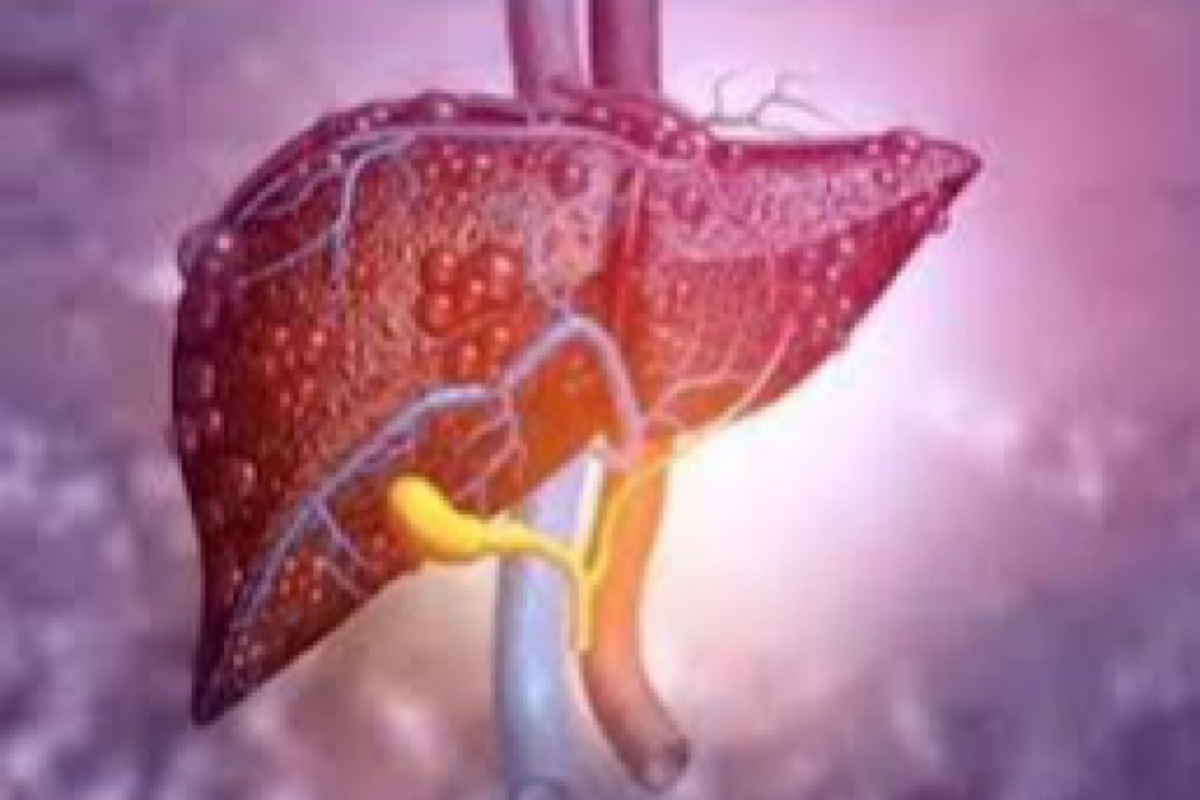Elon Musk hosts India Global Forum business delegation at SpaceX
In a first-of-its-kind event, Elon Musk hosted a delegation of leading Indian business figures at SpaceX's Starbase facility in Texas.
The advances in artificial intelligence (AI) technology could revolutionise Hepatocellular carcinoma (HCC) diagnosis, leading to earlier detection and improved patient outcomes.

Liver (Photo:IANS)
The advances in artificial intelligence (AI) technology could revolutionise Hepatocellular carcinoma (HCC) diagnosis, leading to earlier detection and improved patient outcomes.
HCC is the most common type of liver cancer. It is a major global health concern with rising rates, particularly in North Africa and East Asia.
Advertisement
Although potentially curable in the early stages, HCC often remains undetected until it’s too late for effective treatment.
Advertisement
The Barcelona Classification of Liver Cancer (BCLC) guides treatment based on tumour characteristics and liver function.
However, current diagnostic methods, like AFP testing and ultrasound, often miss HCC until later stages, limiting treatment options and survival rates.
Recent advancements in AI, particularly deep learning (DL) and neural networks, offer significant potential for improving HCC diagnosis, the study authors said in a paper published in eGastroenterology.
AI models can analyse large amounts of imaging data, identify subtle patterns missed by human eyes, and provide objective, consistent results.
This can potentially reduce diagnostic variability, optimise data analysis and reallocate healthcare resources.
Early detection of HCC is crucial, as curative treatments like surgery and liver transplant are only possible in the early stages.
AI-powered diagnosis can significantly improve early detection rates, leading to more patients receiving treatment, improved patient survival rates and reduced healthcare costs.
Researchers are actively exploring the potential of AI in various aspects of HCC diagnosis. This includes the development of AI-powered tools for personalized medicine, integrating AI with imaging technologies, and utilising AI for monitoring treatment response:
Advertisement